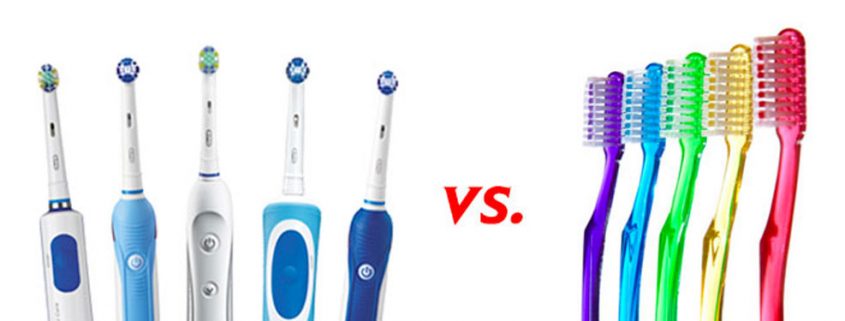What happens during a typical dental checkup with Sapperton Dental in New Westminster, BC? Well, let us tell you all about it!
According to the Canadian Dental Association, about 80% of Canadians visit their dentist at least once each year for a regular dental checkup. However many people have little to no idea what is actually happening in their mouth while they’re in the dental chair.
Hearing strange noises and having someone work inside your mouth can understandably cause a lot of stress and anxiety. But not to worry, we’re here to tell you exactly what will be going on from start to finish the next time you visit our Dentist in New Westminster for a routine checkup. After all, the more you know about something, the less scary it seems!
Say hello to our friendly receptionist

The first person you’ll meet during your dental appointment is our receptionist – Serena. She makes things flow smoothly around the office, coordinate payments and appointments, and give you your notifications for when you’re supposed to come in next. We have a lot of love for our dental receptionists!
Meeting our Certified Dental Assistant (CDA) in New Westminster
The next person you’ll meet after checking in for your dental appointment, and the person you’ll spend the most time with, is our Certified Dental Assistant aka CDA.
Our New Westminster CDAs are trained dental professionals who take care of routine dental care, such as regular cleanings and assist our New Westminster Dentists in other procedures. They are an integral part of our dental practice in New Westminster, BC and make up a big part of the team that works to keep your oral health at its best.
CDAs provide excellent help with the preparation work and with assisting our dentists during procedures.
You can think of CDAs as the truly unsung heroes at Sapperton Dental in New Westminster!
Your Dental History
Before anything is done inside your mouth, our New Westminster Dentist will need to know about your medical history if this is your first appointment at Sapperton Dental or, if you have been to to our dental practice before, any changes in your health such as new medications, diabetes, arthritis, pregnancy, etc. It is important that our New Westminster Dental Care Team knows about any health concerns, anxieties, or allergies you may have in order to avoid incidents and to make sure you get the kind of care you need.
And when we say that we want you to tell us about any concerns or anxieties you have, we mean it! Don’t be a hero and try to be brave – it’s VERY common to be afraid of the dentist. Sometimes, all a person needs is a little explanation or a little listening to their fears to make things seem a little better.
Dentist Teeth Cleaning

Now that you have shared your health concerns, our team of dental professionals can start working inside your mouth. The first thing we will do is give your teeth a thorough cleaning. We start by scraping off built-up plaque and tartar that collects above and below the gum line before flossing between and around every tooth to remove any plaque or food particles that are clinging on.
Our Sapperton Clean Team will also give your teeth a smooth and shiny finish using a tooth polisher with a spinning head and slightly abrasive paste. The polishing will get rid of any residue that was previously missed and will make your teeth smoother so that plaque will not collect as easily on them between visits to the dentist.
Examining the teeth
Now that your pearly whites are squeaky clean, it’s time to have a look at any problem areas in your mouth. A metal probe with a small angled mirror will be used, which will help them see behind and between teeth and gums, as well as check for the softening of tooth enamel and dentin.
Our New Westminster CDAs will also be on the lookout for the swelling of gums in any areas, mouth sores, and redness. Finally, our CDAs will measure your mouth’s periodontal pockets, which are the spaces between the top of the gum line and where the gum tissues firmly attaches to the tooth. Ideally, this pocket should only be between one and three millimeters deep, however deeper pockets can be a sign of gum disease and thus should be closely monitored.
Dental X-Ray

The last thing to do is take dental x-ray pictures of your mouth so our Dentist in New Westminster, BC can see if there are any issues below the mouth’s surface. This involves biting down on a piece of specially designed plastic while an x-ray imaging machine is placed against your cheek. The resulting image will show the visible parts of your teeth as well as the roots below the gum line and your jaw bones, allowing our dentist to see exactly what is happening in your mouth and assign your oral care as needed.
We want to mention here, our New Westminster Dental Office only recommends digital x-rays, which emit up to 90% less radiation, allow for easy storage, and take less time than traditional machines – which means shorter, more convenient, and safer visits for you!
Dental Exam at Sapperton Dental in New West
The dental exam is different from the initial examination that our CDAs completed as this one is done by our dentist. Our Sapperton Dentists will use your dental x-rays to see if there is any loss of bone, fractures, or any other abnormality below your visible gum line before moving on to look for issues with jaw alignment, teeth grinding, and oral cancer.
Generally, our dentist in New Westminster, BC will feel your jaw bones from outside of your mouth while you bite down to ensure that your bite is smooth, aligned, and there is no clicking or popping from your jaw joints. They will also inspect the grooves of your teeth to see if any of them have been cracked or smoothed down due to grinding or jaw clenching. Finally, our dentist will gently feel behind your jaw and your neck to see if there are any signs of oral cancer.
Once all of this is done, our dentist should have a full understanding of what your oral health needs are, and will be able to prescribe any necessary dental treatments to prevent or treat your issues.
Dental Results & Advice
After the dental exam is complete, our New West Dentist at Sapperton Dental will let you know exactly what is going on in your mouth and will advise you about next steps. Sometimes this involves scheduling another dental appointment at our New West Dental Office for a procedure while other times our New West Dentist will give you advice about what you can do at home to better your oral health. It is extremely important that you listen to this advice and put it into action as best you can to ensure that your next checkup is the best it can be.
Future Dental Appointments
The final step of the routine dental checkup is scheduling your next one for a date four to six months in the future. Scheduling your next appointment right away is the easiest and most effective way to ensure that you don’t forget to have your dental checkup regularly. Even if you are diligent in your personal dental care, there is no better protection against oral issues than having your mouth professionally cleaned and monitored.
Take a trip back to our front desk and once again you’ll be helped out by a smiling and attentive dental receptionist. And, as always, if you have any questions or concerns about any part of your dental visit or your upcoming scheduled visits, make sure to let her know. Trust us, she doesn’t bite. We’re very strict about that sort of thing.
To schedule a routine dental cleaning with Sapperton Dental Clinic in New Westminster, BC please call (604) 544 0894 or visit our New Westminster Dental Office at 301 East Columbia Street #105 New Westminster, British Columbia V3L 3W5. We accept walk-ins and dental emergencies!
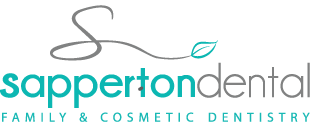
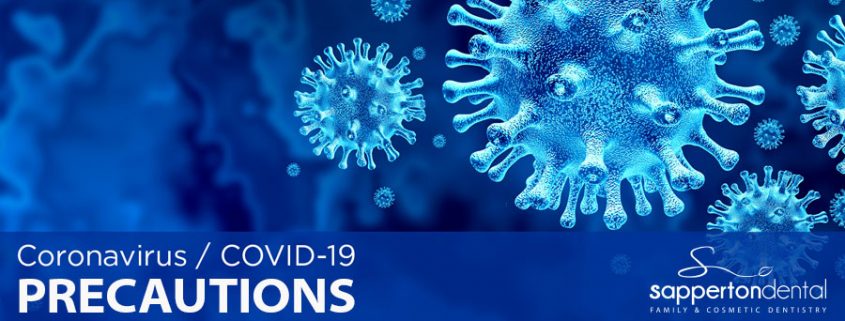

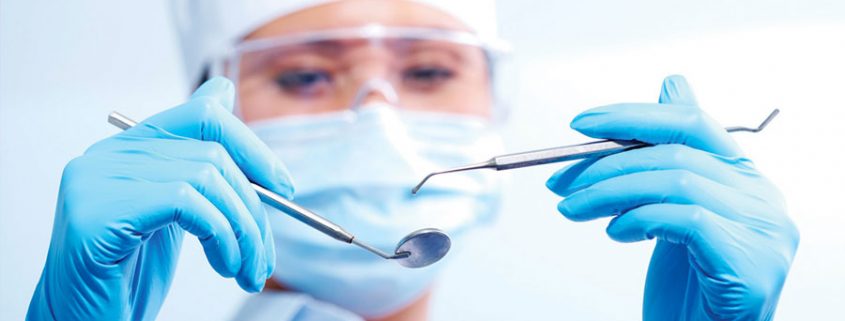
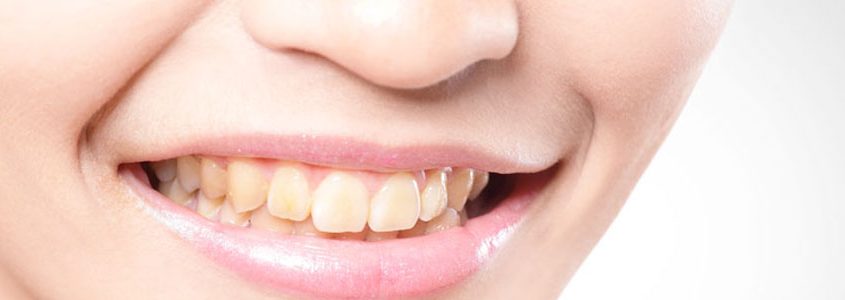


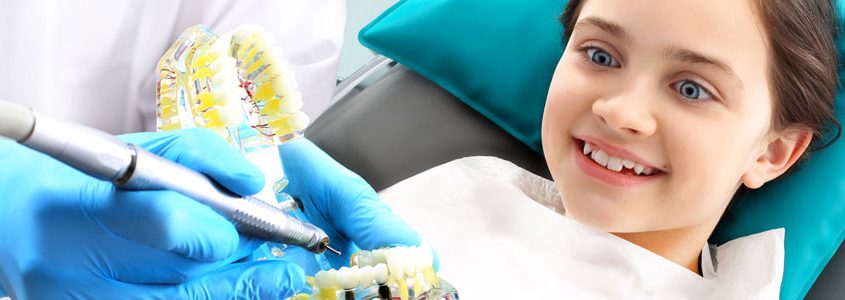

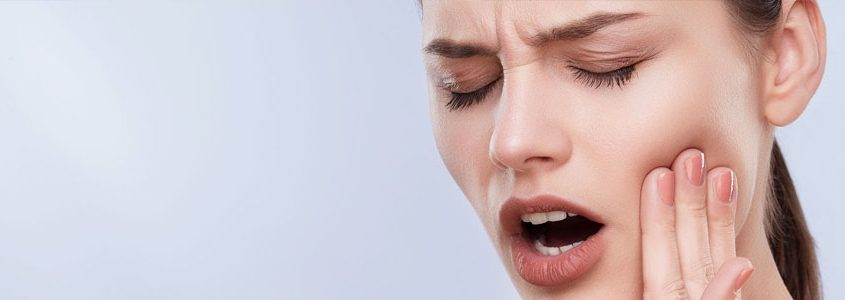


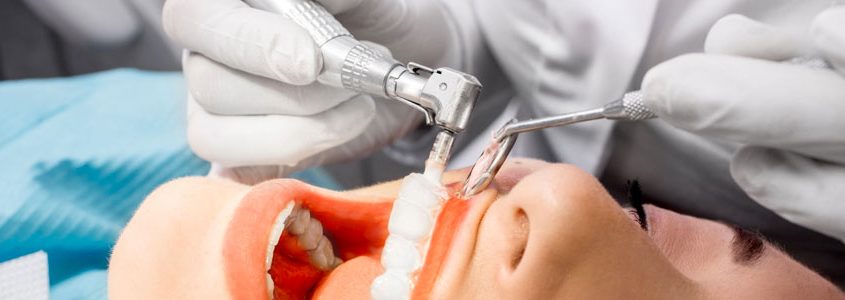




 Drinking carbonated sugary drinks is perhaps one of the worst things you can do to your teeth. Fizzy drinks essentially coat your entire mouth with tooth-decaying acid. One study even found sugar-filled soda could be as bad for your teeth as using methamphetamine and crack cocaine! Keep your soda intake to a minimum, and when you do indulge, make sure to wait at least 20 minutes before brushing your teeth afterward.
Drinking carbonated sugary drinks is perhaps one of the worst things you can do to your teeth. Fizzy drinks essentially coat your entire mouth with tooth-decaying acid. One study even found sugar-filled soda could be as bad for your teeth as using methamphetamine and crack cocaine! Keep your soda intake to a minimum, and when you do indulge, make sure to wait at least 20 minutes before brushing your teeth afterward. All types of candy are tough on your teeth, but sour candy, in particular, is especially damaging. Not only do sour candies contain a unique type of acid that eats away at your enamel, they also tend to be chewy and will stick to your teeth for a longer time, so they’re more likely to cause decay. If you’re craving sweets, grab a square of chocolate instead, which you can chew quickly and wash away easily.
All types of candy are tough on your teeth, but sour candy, in particular, is especially damaging. Not only do sour candies contain a unique type of acid that eats away at your enamel, they also tend to be chewy and will stick to your teeth for a longer time, so they’re more likely to cause decay. If you’re craving sweets, grab a square of chocolate instead, which you can chew quickly and wash away easily. Think twice as you walk down the supermarket bread aisle. When you chew bread, your saliva breaks down the starches into sugar. Now transformed into a gummy paste-like substance, the bread sticks to the crevices between teeth. And that can cause cavities. When you’re craving some carbs, aim for less-refined varieties like whole wheat. These contain less added sugars and aren’t as easily broken down.
Think twice as you walk down the supermarket bread aisle. When you chew bread, your saliva breaks down the starches into sugar. Now transformed into a gummy paste-like substance, the bread sticks to the crevices between teeth. And that can cause cavities. When you’re craving some carbs, aim for less-refined varieties like whole wheat. These contain less added sugars and aren’t as easily broken down. It’s true citrus fruits like oranges and grapefruits are delicious and packed with healthy vitamins. Unfortunately, they’re also full of acid that will erode your tooth enamel. To combat this acidity, eat citrus fruits in moderation and make sure to rinse your mouth out with water after you’re done.
It’s true citrus fruits like oranges and grapefruits are delicious and packed with healthy vitamins. Unfortunately, they’re also full of acid that will erode your tooth enamel. To combat this acidity, eat citrus fruits in moderation and make sure to rinse your mouth out with water after you’re done. We all know that drinking alcohol isn’t exactly healthy. But did you realize that when you drink, you dry out your mouth? A dry mouth lacks saliva, which we need to keep our teeth healthy. Saliva prevents food from sticking to your teeth and washes away food particles. It even helps repair early signs of tooth decay,
We all know that drinking alcohol isn’t exactly healthy. But did you realize that when you drink, you dry out your mouth? A dry mouth lacks saliva, which we need to keep our teeth healthy. Saliva prevents food from sticking to your teeth and washes away food particles. It even helps repair early signs of tooth decay,  All it contains is water, so it’s fine to chew ice, right? Not so, according to the
All it contains is water, so it’s fine to chew ice, right? Not so, according to the  The crunch of a potato chip is eternally satisfying to many of us. Unfortunately, they’re loaded with starch, which becomes sugar that can get trapped in and between the teeth and feed the bacteria in the plaque. Since we rarely have just one, the acid production from the chips lingers and lasts awhile. After you’ve gorged on a bag, floss to remove the trapped particles.
The crunch of a potato chip is eternally satisfying to many of us. Unfortunately, they’re loaded with starch, which becomes sugar that can get trapped in and between the teeth and feed the bacteria in the plaque. Since we rarely have just one, the acid production from the chips lingers and lasts awhile. After you’ve gorged on a bag, floss to remove the trapped particles. You likely assume that dried fruits are a healthy snack. That may be true, but many dried fruits — apricots, prunes, figs, and raisins, to name a few — are sticky. They get stuck and cling in the teeth and their crevices, leaving behind lots of sugar. If you do like to eat dried fruits, make sure you rinse your mouth with water, and then brush and floss after. And because they’re less concentrated with sugar, it is a better choice to eat the fresh versions instead!
You likely assume that dried fruits are a healthy snack. That may be true, but many dried fruits — apricots, prunes, figs, and raisins, to name a few — are sticky. They get stuck and cling in the teeth and their crevices, leaving behind lots of sugar. If you do like to eat dried fruits, make sure you rinse your mouth with water, and then brush and floss after. And because they’re less concentrated with sugar, it is a better choice to eat the fresh versions instead!